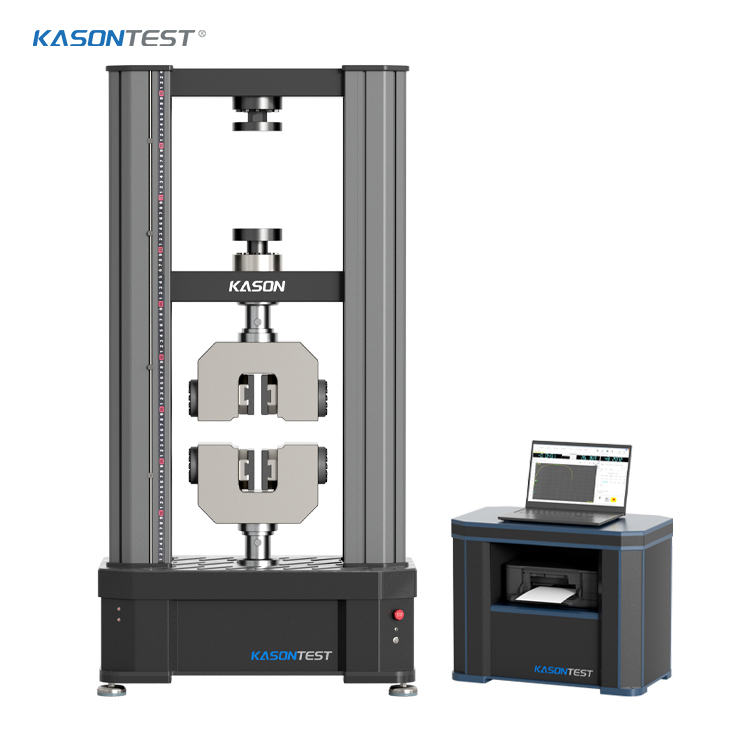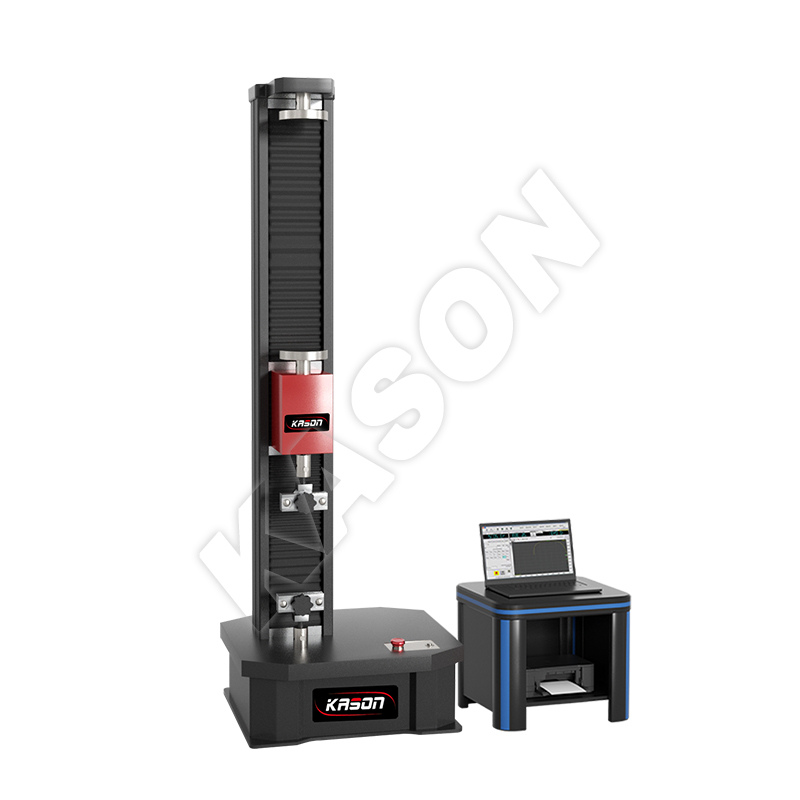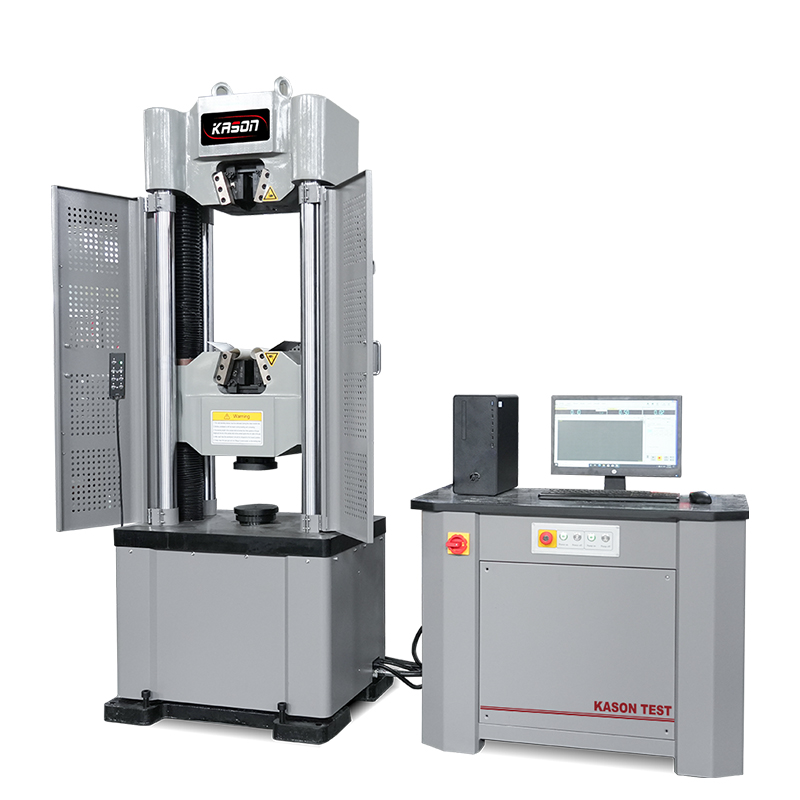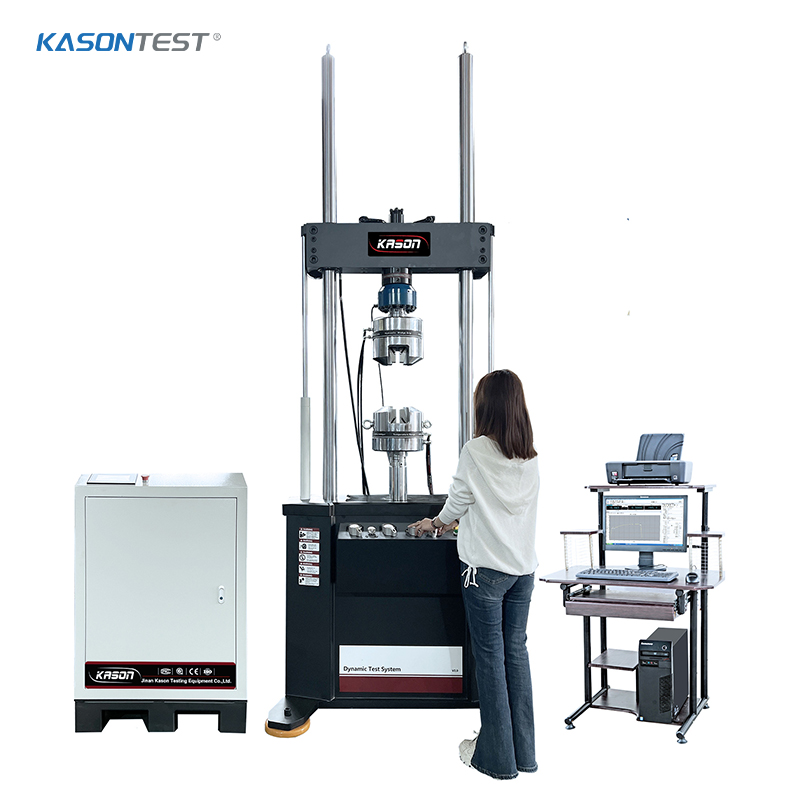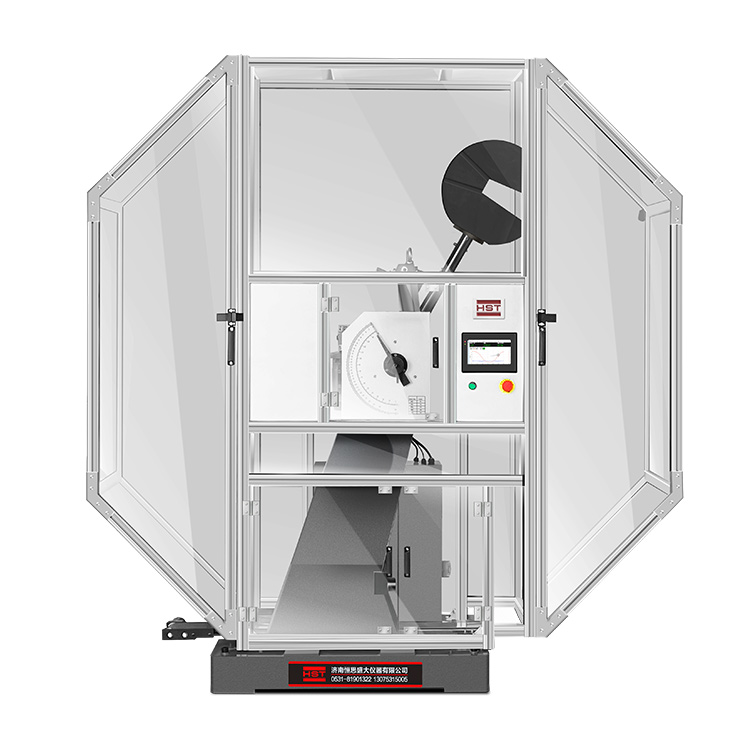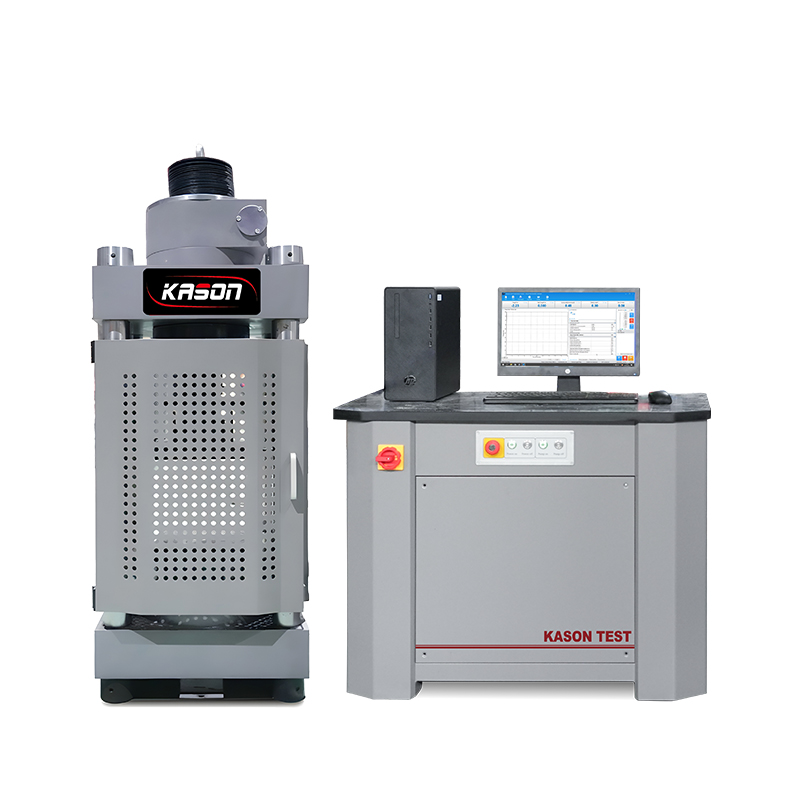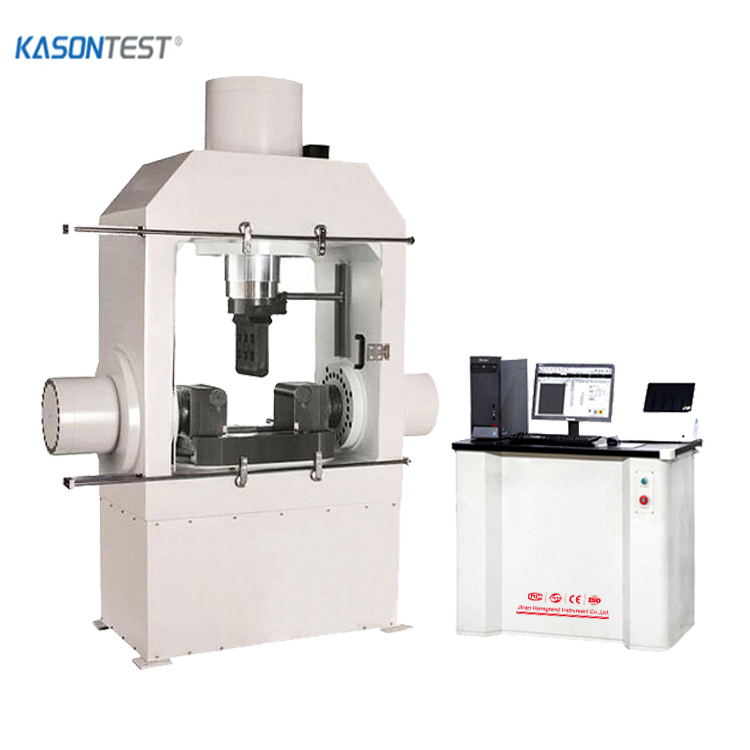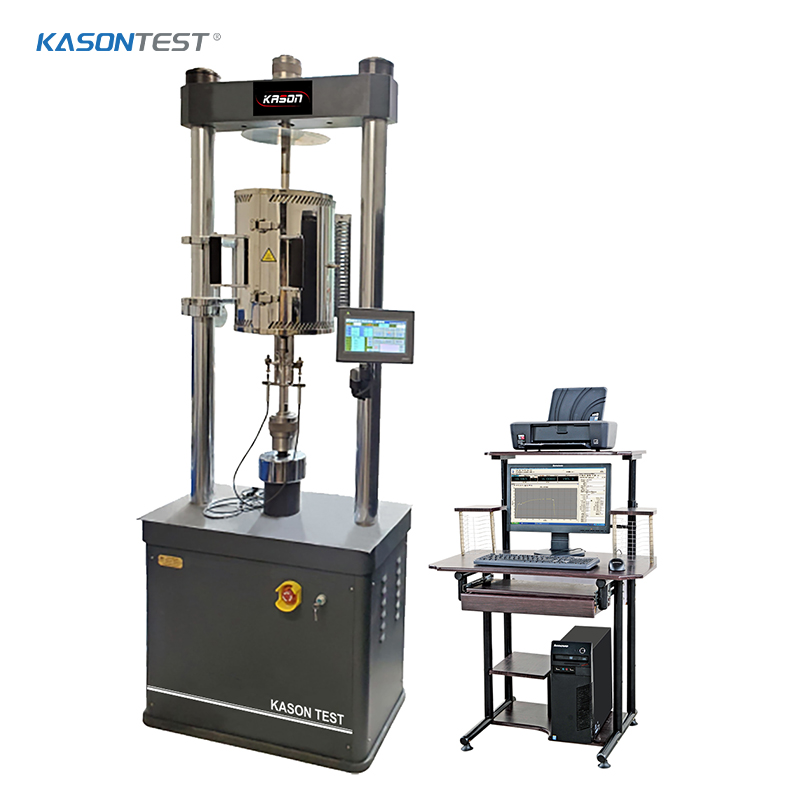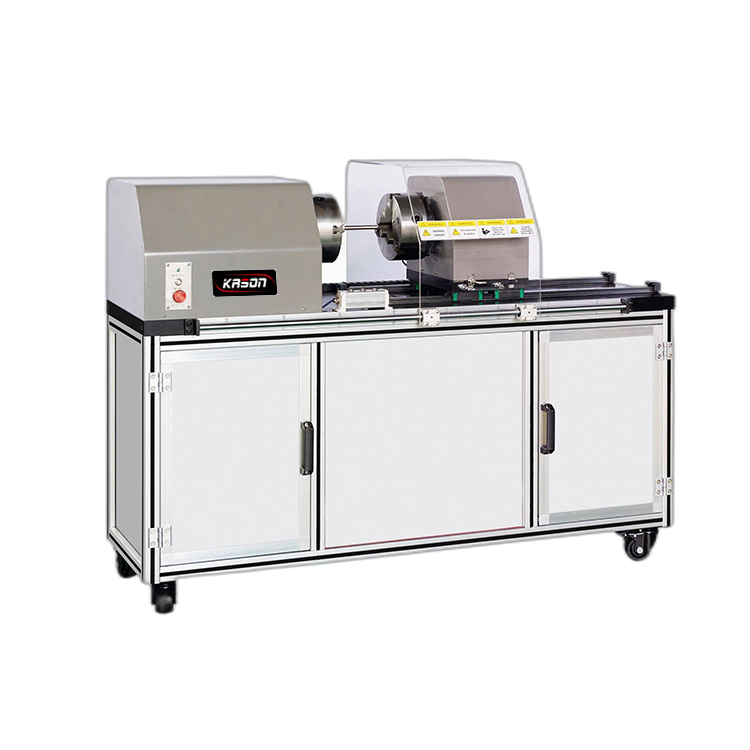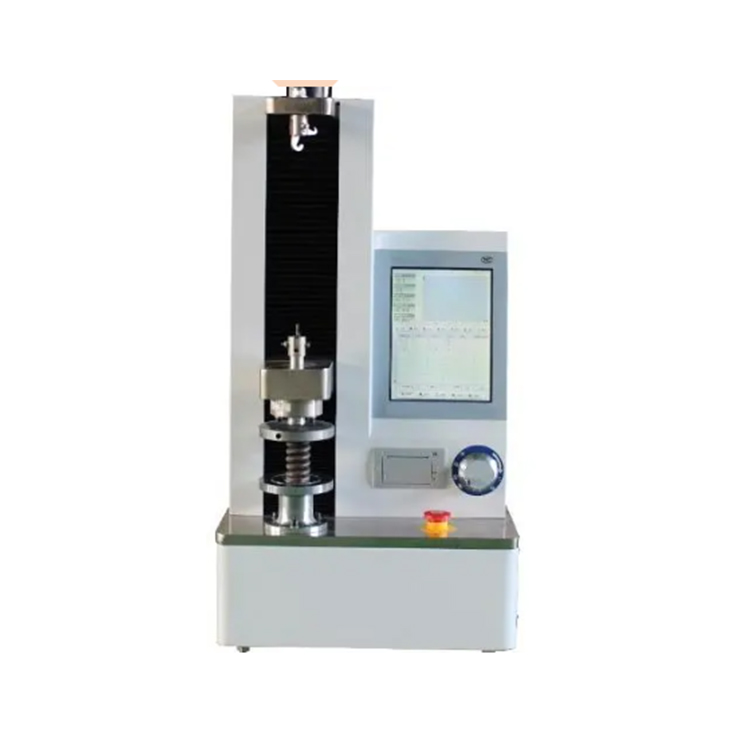Deformation Tests
Deformation tests are a category of mechanical tests designed to measure how materials change in shape or size when subjected to external forces, temperature variations, or other stimuli. These tests focus on quantifying deformation—the alteration of a material’s dimensions or form—and analyzing the mechanisms behind it, such as elastic recovery, plastic flow, or fracture. By studying deformation, engineers and scientists gain critical insights into a material’s mechanical behavior, enabling them to predict performance in real-world applications and ensure safety, durability, and functionality.
Types of Deformation Tests
Deformation tests are classified based on the type of force applied or the material behavior studied. Common types include:
1. Tensile Deformation Tests
As discussed in detail in related contexts, these tests apply a pulling force to stretch a material, measuring elongation, yield, and fracture. They are widely used for evaluating strength and ductility in metals, plastics, and textiles.
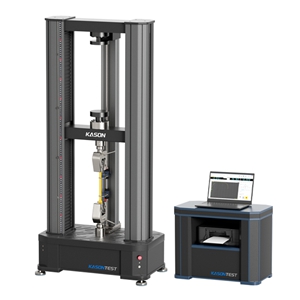
2. Compressive Deformation Tests
These involve applying a squeezing force to compress a material, studying how it shortens, bulges, or crushes. They are critical for materials used in structural applications (e.g., concrete, bricks) and packaging (e.g., foam, cardboard).
3. Shear Deformation Tests
Shear tests apply forces parallel to a material’s surface, causing layers to slide past each other. They evaluate resistance to "sliding" deformation, essential for adhesives, lubricants, and structural joints (e.g., bolts, welds).
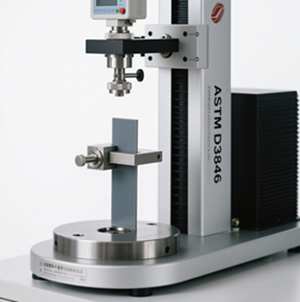
4. Bending Deformation Tests
A material is bent under a load to measure flexural deformation, such as how far a beam can bend before breaking. These tests are key for assessing materials like wood, plastics, and composite panels used in furniture, construction, and aerospace.
5. Creep and Stress Relaxation Tests
These long-term tests measure deformation over time under constant load (creep) or the reduction in stress over time under constant deformation (stress relaxation). They are critical for high-temperature applications (e.g., turbine blades, pipelines) where slow, gradual deformation can lead to failure.
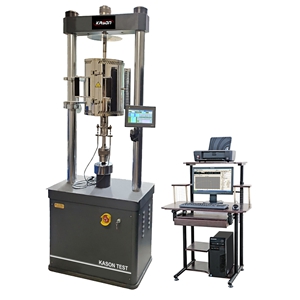
6. Impact Deformation Tests
These tests apply sudden, high-force impacts to study how materials deform or fracture under rapid loading. Examples include the Charpy and Izod tests, used to evaluate toughness in metals, plastics, and ceramics.




